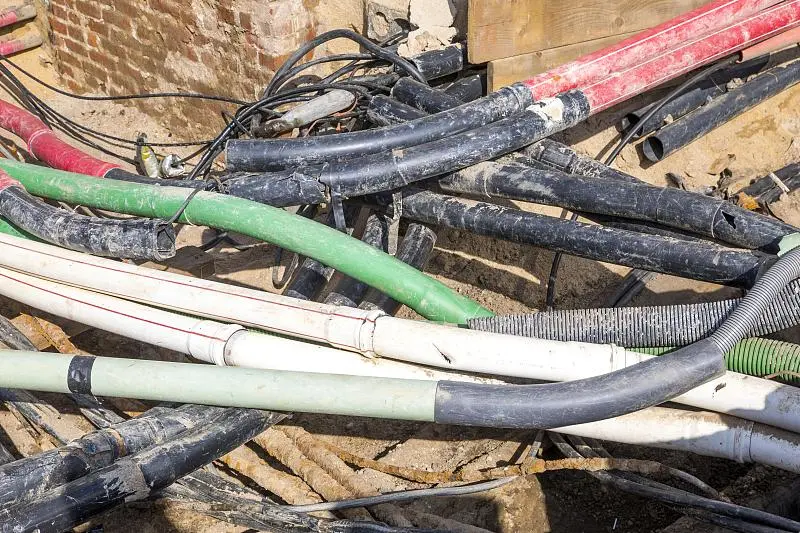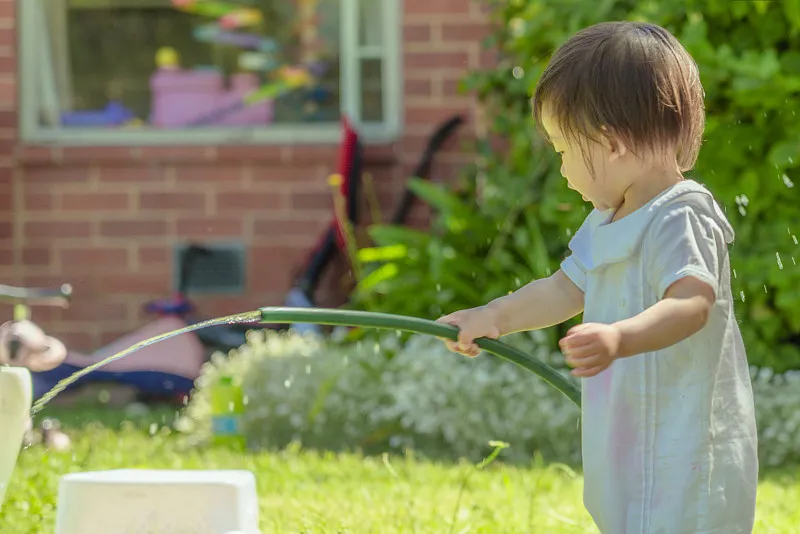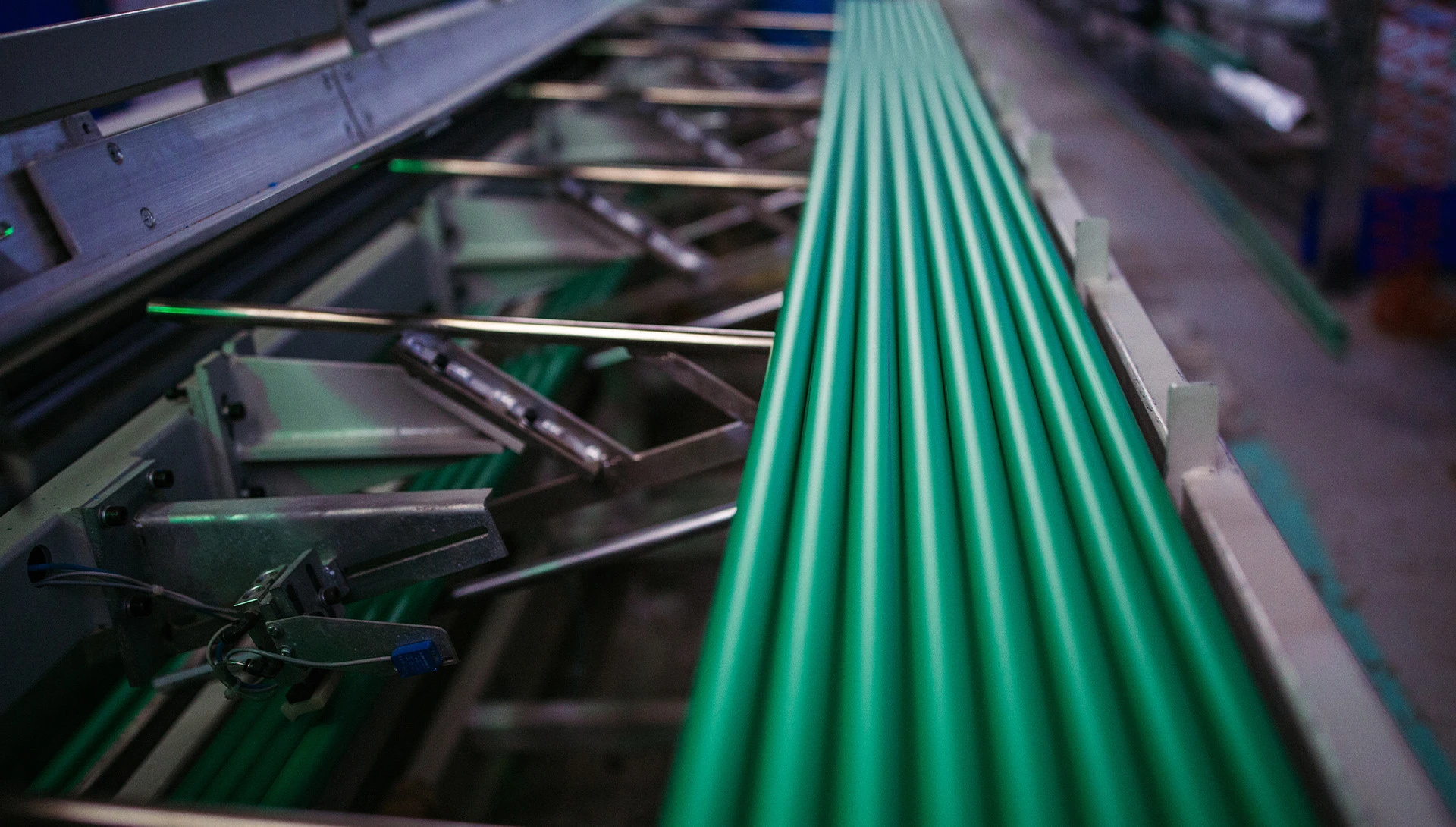Introduction
In recent times, Nigeria has witnessed a troubling rise in the production and distribution of fake Polypropylene Random Copolymer (PPR) pipes, particularly those used in water supply systems. These counterfeit products pose significant risks, ranging from structural failures to health hazards. As a result, the Nigerian government (FG) has announced its intention to sanction producers of fake water PPR Pipe in an effort to protect consumers, safeguard public health, and ensure the integrity of the country’s infrastructure.
This article explores the growing concern over fake PPR pipes in Nigeria, why the government is stepping in, and how consumers and manufacturers can address the issue.
What Are PPR Pipe?
PPR pipes are widely used for water supply systems due to their durability, corrosion resistance, and ability to handle high temperatures. Made from a high-quality polypropylene material, PPR pipes are known for their long-lasting performance and are commonly used in both residential and commercial plumbing installations.
- Definition and Composition: PPR pipes are made from a type of thermoplastic polymer called polypropylene, specifically the random copolymer variety (PPR). They are characterized by their resistance to heat and chemical degradation, making them an ideal choice for water transportation and heating systems.
- Importance in Water Supply Systems: PPR pipes are essential for ensuring the safe and reliable transportation of water in residential, commercial, and industrial settings. Their longevity and resistance to corrosion ensure that the water supply remains uncontaminated and functional over extended periods.
The Rise of Fake Water PPR Pipe in the Market
As the demand for PPR pipes increases, so does the temptation for manufacturers to produce substandard, counterfeit pipes to cut costs and exploit the booming market. These fake pipes are often made with cheaper materials that lack the durability and strength of genuine PPR pipes.
- Factors Contributing to the Growth of Fake PPR Pipes: High demand for plumbing materials, combined with weak enforcement of quality control standards, has led to the proliferation of fake pipes in the market. In some cases, counterfeit manufacturers use recycled plastic or low-grade raw materials that compromise the pipe’s structural integrity.
- Risks Associated with Using Fake Pipes: Fake PPR pipes can cause significant damage over time. They are prone to leaking, cracking, and even bursting under pressure, especially when exposed to high temperatures. In addition, these pipes may not meet the required sanitary standards, leading to the contamination of drinking water and posing serious health risks.
Why the Nigerian Government Is Stepping In
To protect the public from these dangers, the Nigerian government has announced plans to take strong action against the producers of fake PPR pipes. This move is part of a broader initiative to regulate the construction and plumbing sectors, ensuring that only safe, high-quality materials are used in building infrastructure.
- Government’s Role in Consumer Protection: The Nigerian government plays a vital role in enforcing quality standards and protecting consumers from unsafe products. Through regulatory agencies like the Standards Organization of Nigeria (SON) and the National Agency for Food and Drug Administration and Control (NAFDAC), the government aims to ensure that PPR pipes meet specific standards of safety and quality.
- Reasons for Sanctioning Producers of Fake Pipes: Sanctioning fake PPR pipe producers is crucial to maintaining public health, safety, and economic stability. The government intends to curb the widespread use of substandard pipes, which can cause costly damage to homes, businesses, and public infrastructure. Additionally, the government’s crackdown on fake pipes will help restore trust in the construction and plumbing industries.
The Consequences of Fake Water PPR Pipes
The consequences of using fake PPR pipes extend far beyond a simple plumbing issue. Counterfeit pipes can result in significant damage, leading to expensive repairs and public health concerns.
- Structural Failures and Leaks: Fake PPR pipes lack the necessary durability and resistance to pressure, which makes them prone to leakage and breakage. A single burst pipe can lead to flooding, water damage, and costly repairs.
- Health and Safety Risks: The use of counterfeit pipes can lead to contamination of drinking water, as substandard pipes are more likely to leach harmful chemicals or allow bacteria to infiltrate the water supply. This can result in serious health risks, including waterborne diseases.
- Economic Implications for Consumers and Industries: Fake PPR pipes result in higher long-term costs for consumers and businesses. The need for frequent replacements, repairs, and potential legal issues can place a financial burden on homeowners and companies.

How to Identify Fake Water PPR Pipes
To help combat the growing issue of counterfeit pipes, consumers must be vigilant and learn how to distinguish between authentic PPR pipes and fakes.
- Key Features of Authentic PPR Pipes: Genuine PPR pipes are lightweight yet sturdy, with smooth surfaces and uniform color. They should also have clear manufacturer markings and certification labels, indicating they meet industry standards.
- Common Characteristics of Fake Pipes: Fake PPR pipes may exhibit visible flaws such as discoloration, uneven surfaces, or weak joints. They are often heavier than authentic pipes due to the use of inferior materials.
Government Measures and Regulations
The Nigerian government is taking concrete steps to address the issue of fake PPR pipes and ensure that the plumbing industry adheres to high standards of quality.
- Proposed Sanctions and Penalties: Producers of fake pipes could face heavy fines, legal action, or even the suspension of their business licenses. The government is also considering stronger regulations and more rigorous inspections to prevent the infiltration of counterfeit products into the market.
- Enforcement Strategies and Agencies Involved: Agencies like the SON, NAFDAC, and the Federal Ministry of Water Resources are collaborating to strengthen monitoring systems, conduct random checks on manufacturers and suppliers, and educate the public on how to identify fake pipes.
Impact of Government Action on the PPR Pipe Market
The government’s actions are expected to have both short-term and long-term effects on the PPR pipe market.
- Short-Term Effects: Initially, there may be disruptions in the supply chain as counterfeit manufacturers are force out of the market. This could lead to a temporary shortage of PPR pipes, driving up prices.
- Long-Term Effects: Over time, the government’s crackdown on fake pipes will likely lead to improved consumer confidence in PPR products. Legitimate manufacturers will benefit from reduced competition from counterfeit producers, and the overall quality of pipes in the market will improve.
The Role of Manufacturers and Suppliers in Ensuring Quality
Manufacturers and suppliers have a crucial role to play in maintaining the integrity of the PPR pipe market. By adhering to quality control measures and producing only certified products, they can help mitigate the impact of counterfeit products.
- Best Practices for PPR Pipe Manufacturers: Manufacturers should invest in research and development to improve the quality of their pipes. Obtain relevant certifications, and implement strict quality assurance procedures.
- Quality Control and Certification: Suppliers should ensure that they are sourcing PPR pipes from trusted. Certified manufacturers and should educate their customers on how to identify high-quality pipes.
The Consumer’s Role in Ensuring Quality Pipes
Consumers also play a key role in ensuring the quality of the pipes they purchase.
- How Consumers Can Protect Themselves: By purchasing PPR pipes from reputable suppliers and checking for certification labels. Consumers can avoid buying counterfeit products.
- Importance of Purchasing from Trusted Suppliers: Always check the reputation of the supplier. And when in doubt, seek professional advice before making a purchase.
The Future of PPR Pipe Quality in Nigeria
As the government cracks down on counterfeit pipes, the future of the PPR pipe market in Nigeria looks promising. With better regulatory oversight, improved consumer awareness, and stronger manufacturer accountability. The quality of plumbing materials in Nigeria will likely improve, benefiting everyone in the long run.
Conclusion
The Nigerian government’s decision to sanction producers of fake water PPR pipes is a critical step toward ensuring the safety and reliability of the country’s water supply infrastructure. By tackling this issue head-on, the government aims to protect consumers. Improve market standards, and ultimately foster a more sustainable plumbing industry in the country.
FAQs
- What are the dangers of using fake PPR pipes?
- Fake PPR pipes can cause structural failures, water leakage, and contamination of drinking water, leading to serious health risks.
- How can consumers identify authentic PPR pipes?
- Authentic PPR pipes are lightweight, have smooth surfaces, and come with certification labels from trusted manufacturers.
- What actions are being taken to stop the production of fake PPR pipes?
- The Nigerian government is imposing sanctions, conducting inspections, and collaborating with regulatory agencies to eliminate counterfeit pipes from the market.
- What are the consequences for producers of fake PPR pipes in Nigeria?
- Producers of fake pipes could face heavy fines, legal action, and potential suspension of their business licenses.
- How can the government ensure the long-term quality of PPR pipes?
- Through stricter regulations, certification requirements, and improved enforcement. The government aims to ensure the consistent quality of PPR pipes in Nigeria.


















